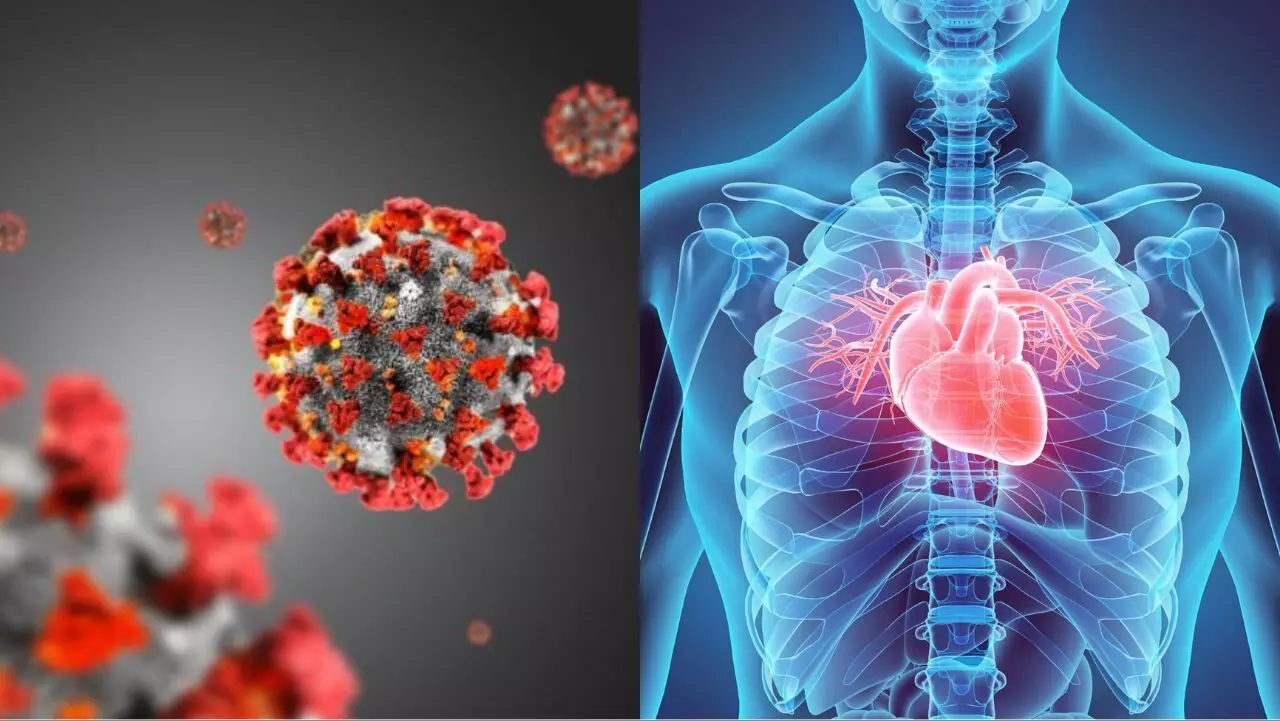Lasting effects of coronavirus: Covid-19 infection affecting functioning of hearts
Researchers used mice infected with Covid-19 to understand the alterations in the heart tissue.
By Kaniza Garari
Hyderabad: Changes in calcium channels in heart cells are affecting the functioning of the heart after Covid-19 infection, resulting in inflammation and oxidative stress which causes heart failures. Is this the reason for increased number of heart attacks after Covid-19 infection?
A study throws light into the calcium channels which are required for the heart. Presented in the Biophysical Society Meeting in United States of America, mouse models infected with Covid-19 were used to understand the effects on the heart.
What did the mouse models depict?
Researchers used mice infected with Covid-19 to understand the alterations in the heart tissue. They found that the virus infiltrated the immune cell, injury-related collagen deposits, heart cell deaths and blood clots.
Dr. S. Ravi Shanker A., senior interventional cardiologist, explains, “Researchers measured changes to the proteins expressed by the heart cells and found patterns consistent with changes observed in the hearts of humans who suffered from COVID-19 disease. Microscopic examination of mouse hearts showed an increased percentage of fibrosis and dilation of the muscle fibres, which is a common indicator of early cardiomyopathy in mice. This makes it harder for the heart to pump blood in the body, leading potentially to heart failure.”
What is the role of calcium for heart?
All muscles, including those in the heart, rely on calcium to contract. Muscle cells store calcium and open special channels inside of cells to release it when needed. In some conditions such as heart failure, the channel remains open in a desperate attempt to help the heart muscles contract more actively.
Dr. Shanker A. explains, “The leaking of calcium ultimately depletes the calcium stores, weakening the muscles leading to failure.”
Inflammation after Covid-19 infection
SARS-Cov-2 is known to involve an inflammatory response in the body by activating the immune system. This is clear by now as one of the reasons for heart attack. Dr. Sunil Kapoor, senior cardiologist at Apollo Hospitals, explains, “There is an increased clotting tendency due to increased incidence of heart attacks after the Covid-19 infection. It has also been noted that there is weakness in cardiac muscles which leads to heart failure. The nerves of the heart are also affected with increased heart rate resulting in palpitations in minimal effort. These are found to be the three main reasons and what is causing this is slowly being unravelled by researchers across the world.”
What is the way forward?
Better diagnosis and early identification of damage to the heart muscles is one way in which therapies can be targeted for proper functioning of the heart.
What must people be aware of?
With Covid-19 infections affecting a majority of the population, it is important that symptoms of shortness of breath, palpitations, weakness and continuous fatigue are not overlooked. Physical fitness in terms of exercise is given due diligence for healthy heart.
Anxiety attacks and stress must be handled effectively as it’s recurrence also causes damage to the heart muscles post Covid-19.